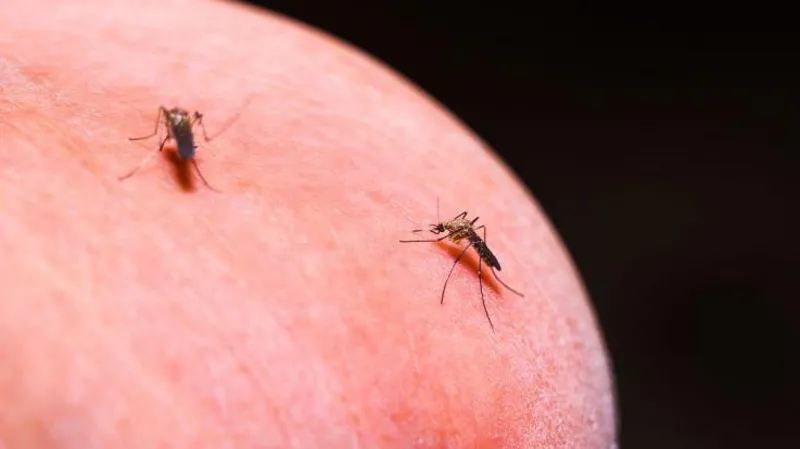Malaria remains one of the world’s most deadly infectious diseases, claiming over 400,000 lives annually, predominantly in sub-Saharan Africa. Despite decades of control efforts—including insecticide-treated nets, indoor spraying, and antimalarial medications—malaria persists, partly due to the growing resistance of mosquitoes to insecticides and the parasite itself. In recent years, scientists have been developing innovative, science-backed methods to target the mosquito vectors directly, aiming to break the cycle of transmission at its source.
Genetic Engineering: Modifying Mosquitoes to Halt Disease Transmission
One of the most promising approaches involves genetic modification of mosquitoes. Researchers have engineered mosquitoes to reduce their capacity to harbor and transmit the malaria parasite. For instance, the Oxitec company developed genetically modified Anopheles mosquitoes that carry a self-limiting gene. When released into the wild, these mosquitoes produce offspring that do not survive to adulthood, gradually reducing the mosquito population.
Similarly, the Target Malaria project employs gene drive technology—using CRISPR-based editing—to spread genetic traits through mosquito populations. These gene drives can, for example, make mosquitoes resistant to the malaria parasite or reduce their reproductive capability. Laboratory studies have demonstrated the feasibility of these approaches, and field trials are underway in select regions.
Biological Control: Introducing Natural Predators and Symbionts
Beyond genetic modification, scientists are exploring biological control methods that manipulate mosquito biology to curb their capacity to transmit malaria. One such method involves infecting mosquitoes with Wolbachia, a naturally occurring bacterium known to interfere with pathogen development in insects.
Research has shown that Wolbachia-infected mosquitoes are less capable of transmitting malaria parasites. The World Mosquito Program has successfully used Wolbachia to control dengue transmission, and similar principles are being adapted for malaria. Releases of Wolbachia-infected mosquitoes aim to establish persistent infections in wild populations, thereby reducing malaria transmission rates.
Novel Chemical and Biological Agents: Targeting Mosquito Development
Scientists are also investigating new chemical and biological agents that target mosquito development stages. For example, larvicides derived from natural products or synthetic compounds are being refined to be more environmentally friendly and effective. Additionally, biological agents such as Bacillus thuringiensis israelensis (Bti), a bacteria that produces toxins lethal to mosquito larvae, are used to reduce breeding sites.
Recent advances include the development of attractant-based traps combined with biological agents to lure and eliminate mosquitoes efficiently. These targeted strategies aim to reduce mosquito populations without harming beneficial insects or the environment.
Integrated Approaches and Future Directions
Experts agree that no single method will eradicate malaria on its own; instead, integrated strategies combining genetic, biological, and chemical controls are essential. Combining gene drive releases with traditional vector control measures could accelerate progress toward elimination.
Moreover, ongoing research focuses on ensuring the safety, efficacy, and ethical deployment of these novel technologies. Regulatory frameworks and community engagement are crucial to gaining public acceptance.
Conclusion
The fight against malaria is entering a new era powered by scientific innovation. Genetic modifications like gene drives, biological controls such as Wolbachia infections, and advanced larvicides offer promising avenues to reduce mosquito populations and interrupt disease transmission. While challenges remain—such as ecological impacts, resistance development, and ethical considerations—these novel approaches represent a beacon of hope in the global effort to eliminate malaria. As research advances and field trials expand, the goal of a malaria-free world becomes increasingly attainable.
Email Us on editorial@nnafrica.com













